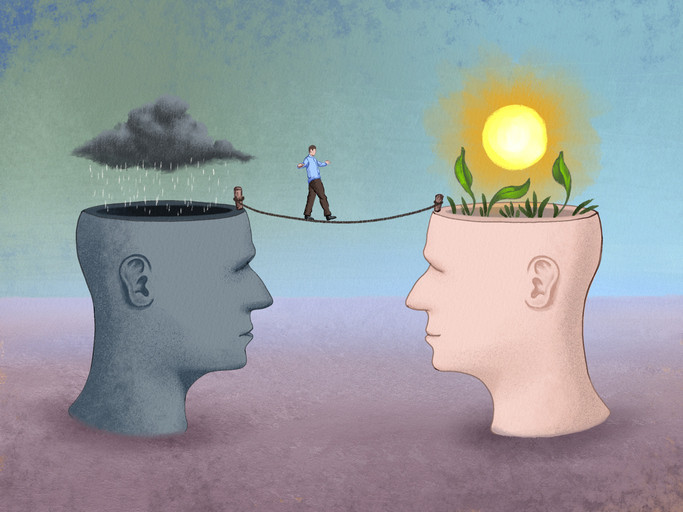
Therapr Team
Our thoughts significantly influence our emotions and behaviors. When these thoughts become distorted or negative, they can lead to emotional distress and unhealthy behavior patterns. Cognitive Behavioral Therapy (CBT) offers a structured, goal-oriented approach to help individuals recognize and change these thought patterns. This article delves into the principles of CBT, its process, and how it can dramatically improve mental health outcomes.
CBT is a type of talk therapy that focuses on identifying, challenging, and changing unhelpful thoughts and behaviors. Developed in the 1960s by psychiatrist Aaron Beck, CBT is based on the premise that our thoughts, feelings, and actions are interconnected. By changing negative thought patterns, we can influence our emotions and behavior in a positive way.
CBT is used to treat a wide range of conditions, including:
CBT is structured around several key principles:
Cognitive Restructuring:
Behavioral Activation:
Exposure Therapy:
Skill Development:
CBT sessions are typically short-term, goal-focused, and involve active participation both during sessions and through homework assignments.
CBT helps individuals recognize patterns such as:
By addressing these distortions, individuals can develop healthier, more realistic ways of thinking.
Empowerment:
CBT equips individuals with practical skills to manage their mental health independently.
Structured Approach:
Its step-by-step methodology provides clarity and direction during treatment.
Short-Term Focus:
CBT often produces results within a relatively short timeframe compared to other forms of therapy.
Evidence-Based:
Numerous studies confirm CBT’s effectiveness across diverse populations and mental health conditions.
Adaptability:
CBT can be conducted one-on-one, in group settings, or even via online platforms.
CBT is highly adaptable and beneficial for people of all ages. It is effective not only for individuals with diagnosed mental health disorders but also for anyone seeking to improve their emotional resilience, coping strategies, and overall psychological well-being.
Children, adolescents, adults, and seniors can all benefit from CBT when tailored to their developmental stage and individual needs.
Cognitive Behavioral Therapy offers a practical, structured, and effective path to transforming negative thought patterns and improving emotional health. By empowering individuals to recognize and challenge their thoughts, CBT fosters lasting change and equips people with lifelong coping skills. Whether dealing with specific mental health conditions or simply seeking personal growth, CBT can be a powerful catalyst for positive transformation.
Author profile
Read more articles by Therapr Team.
Get the latest wellness insights delivered to your inbox.
Subscribe to Newsletter